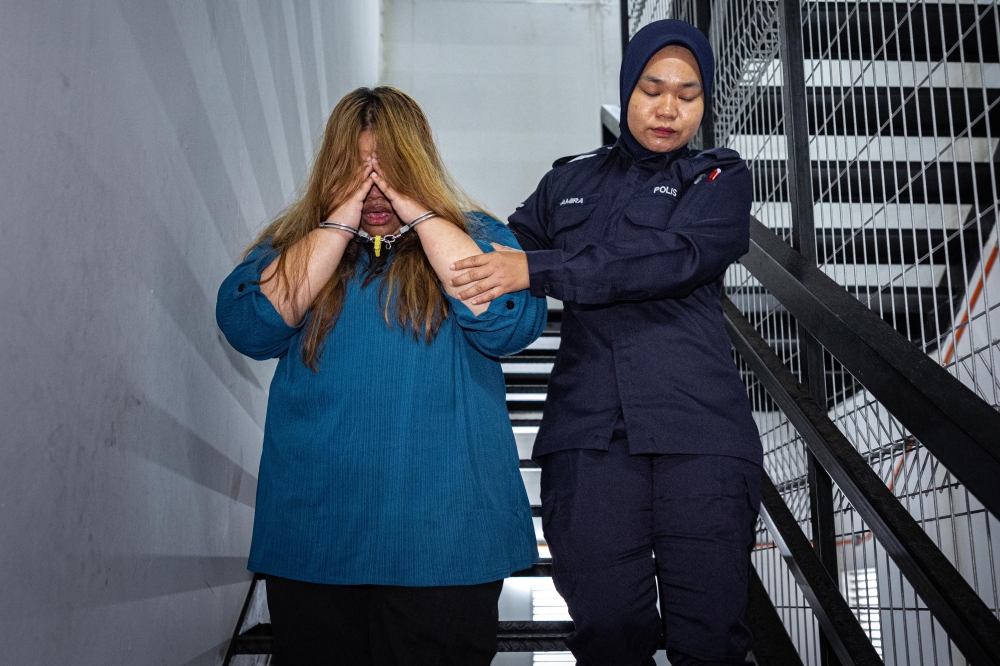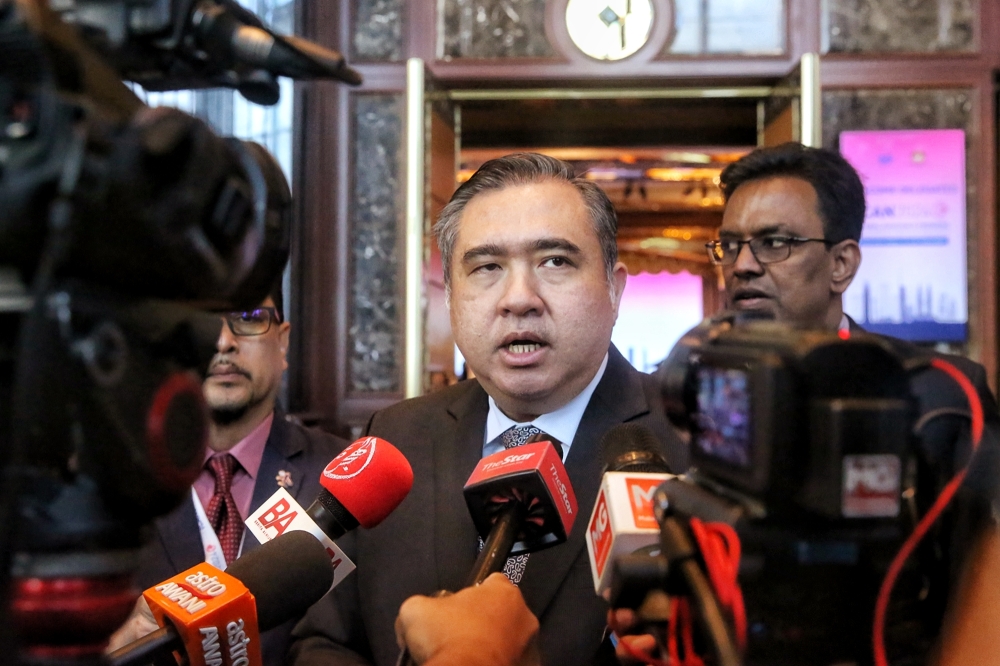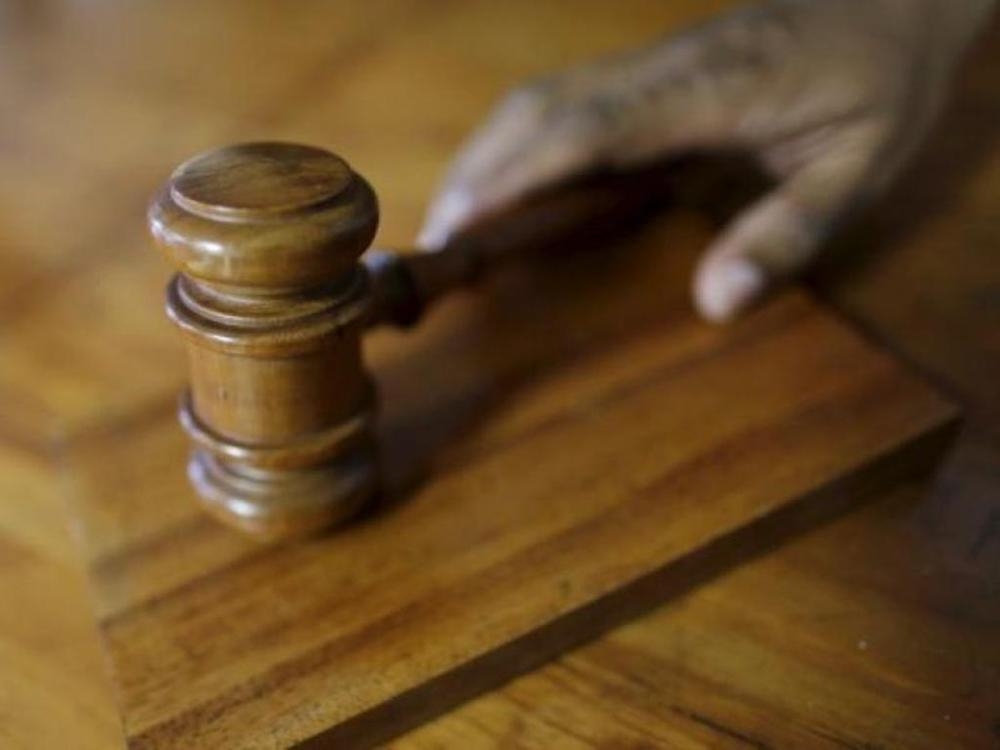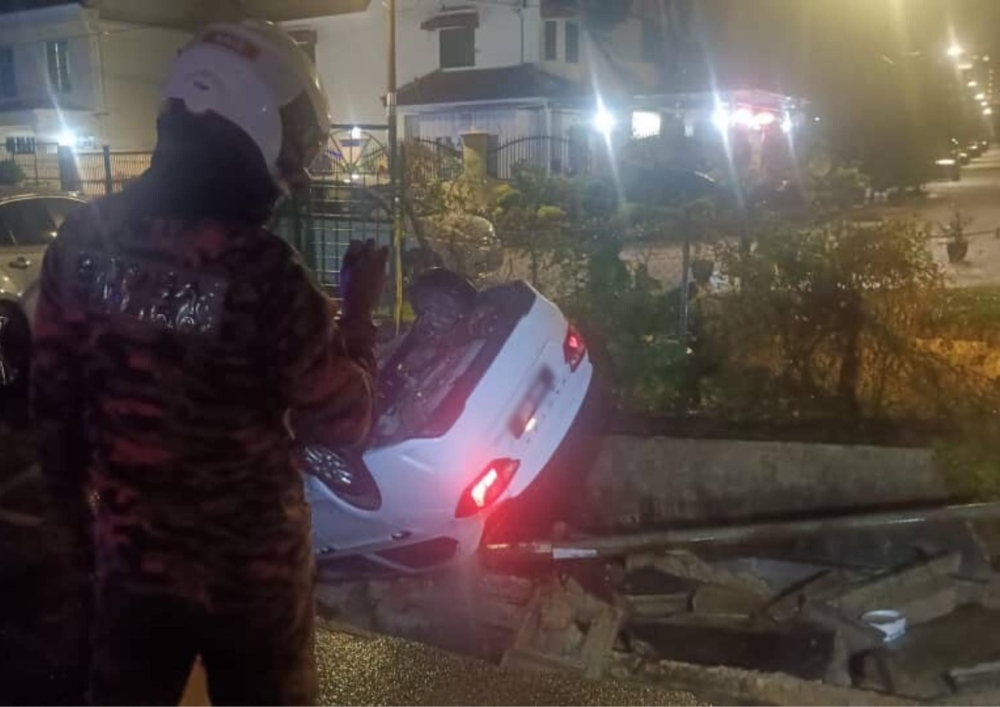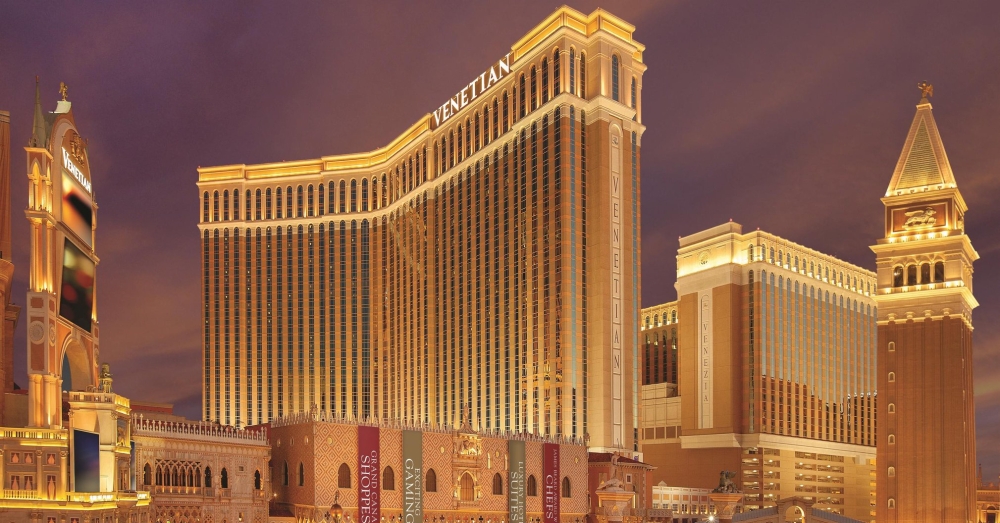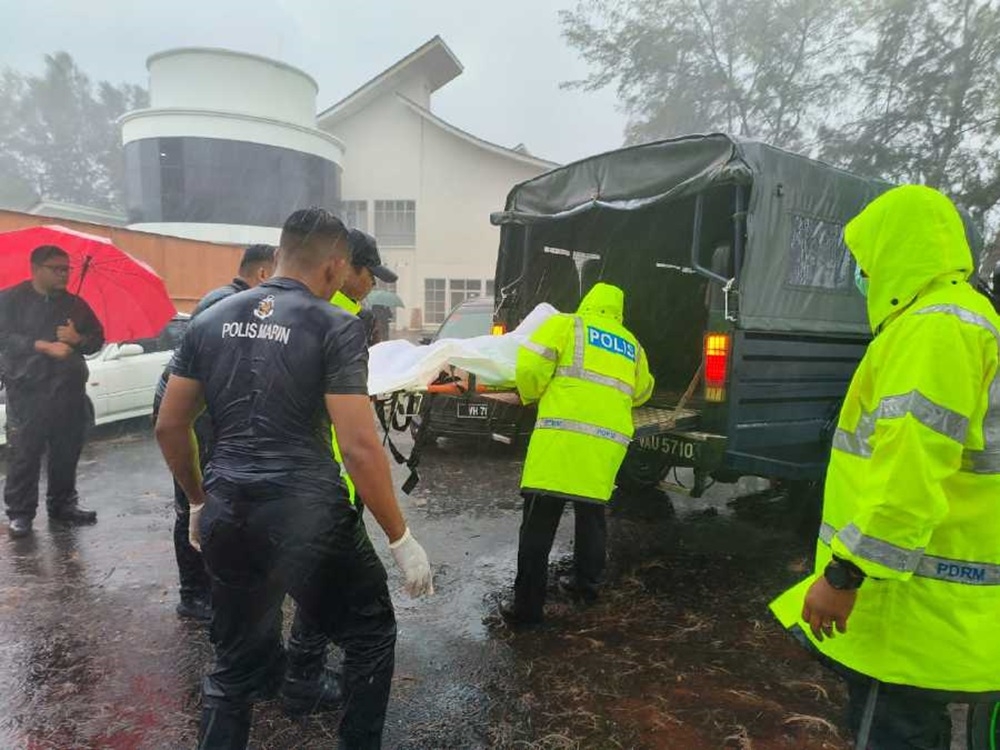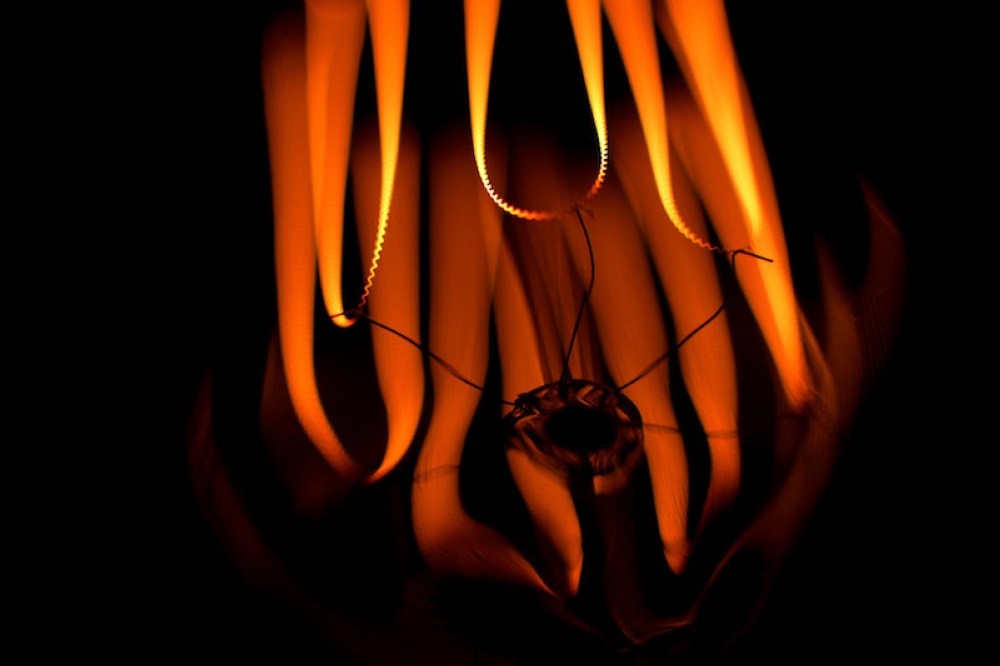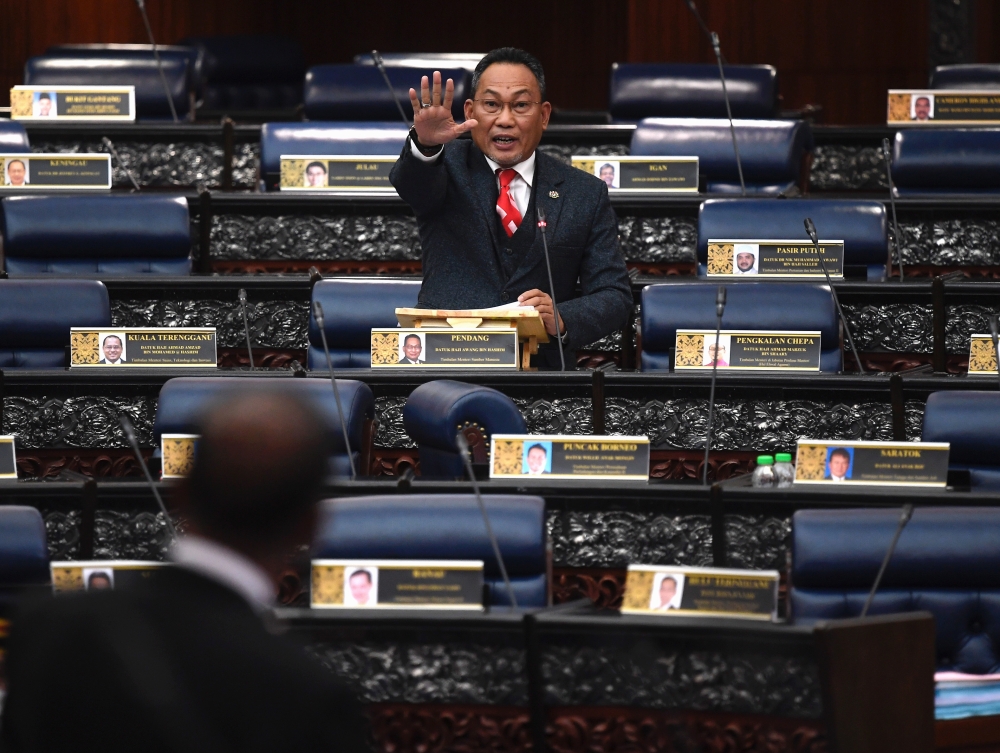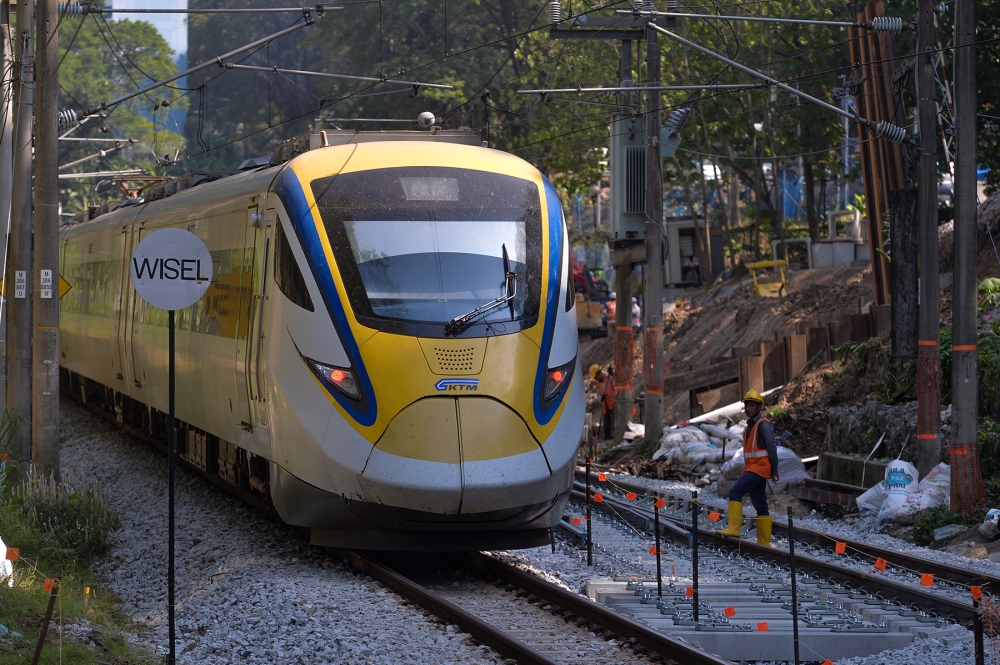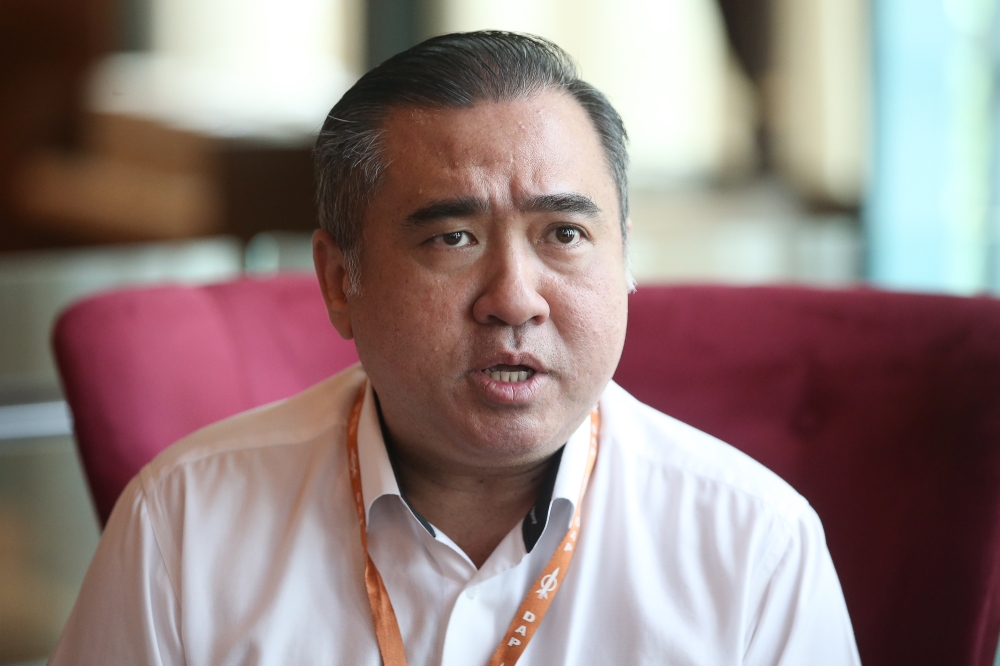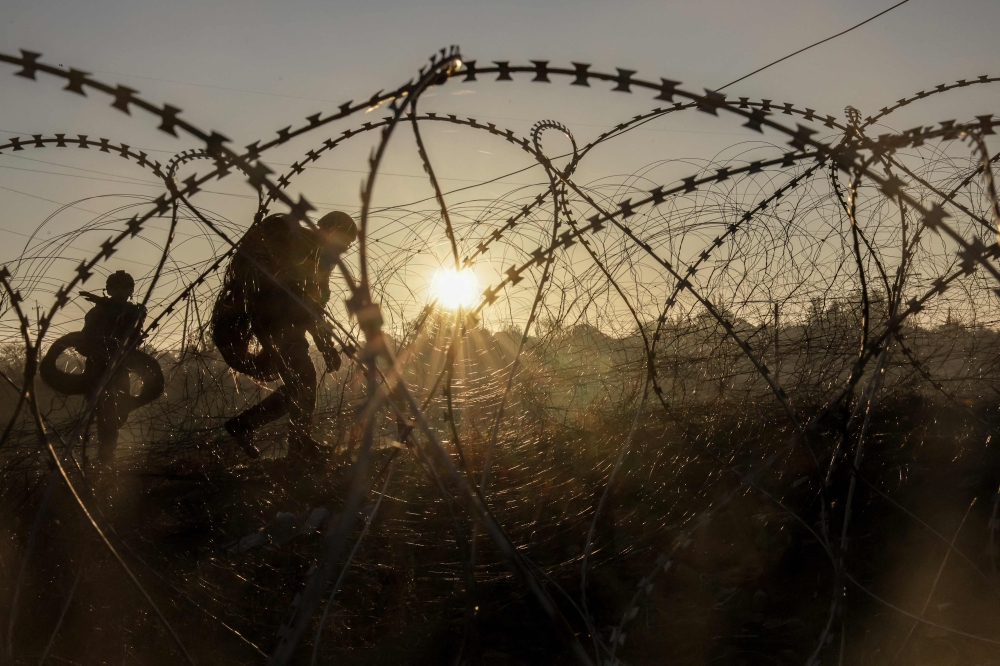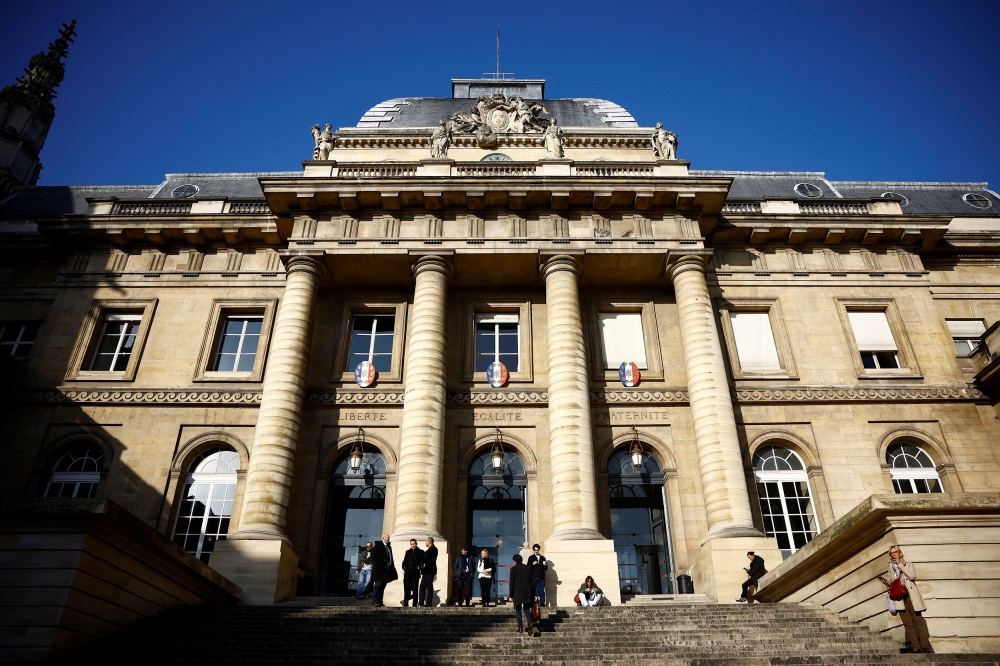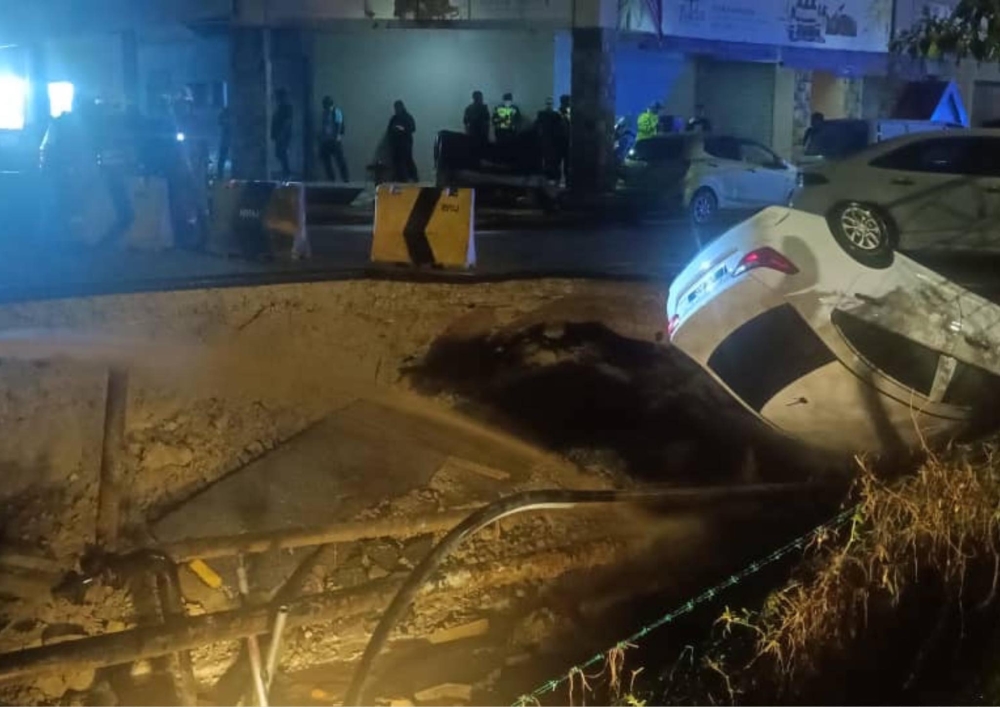PARIS, Nov 15 — Iranians took to the streets today after organisers of protests over Mahsa Amini’s death called for demonstrations marking three years since a lethal crackdown on unrest sparked by a fuel price hike.
The call to commemorate those slain in the 2019 crackdown gave new momentum to the protests that erupted following the death of 22-year-old Amini on September 16, after her arrest for allegedly flouting the strict dress code for women.
Shops were shuttered in Tehran’s famed Grand Bazaar and its neighbourhood of Tehranpars, according to online videos verified by AFP.
Iran’s Mehr news agency reported that most of the bazaar’s shops were closed or closing, but quoted one merchant as saying they had shut after people who chanted slogans “threatened to burn our stores”.
The UN Human Rights Office called on Iran to immediately release thousands of people arrested for taking part in peaceful demonstrations.
“Instead of opening space for dialogue on legitimate grievances, the authorities are responding to unprecedented protests with increasing harshness,” spokesman Jeremy Laurence told reporters in Geneva.
In Tehran, the din of honking car horns reverberated as protesters blocked a major roundabout at Sanat Square and yelled “Freedom, freedom”, according to online videos verified by AFP.
People later poured onto the streets of other cities, including Bandar Abbas and Shiraz, where women were seen peacefully waving their headscarves above their heads.
‘Year of blood’
“This year is the year of blood, Seyed Ali will be toppled,” a large crowd chanted outside a Tehran metro station, in a video verified by AFP, referring to Iran’s supreme leader Ayatollah Ali Khamenei.
Workers downed tools and university students boycotted classes in Amini’s home province of Kurdistan, in western Iran, said the Oslo-based Hengaw human rights group.
In the province’s flashpoint city of Sanandaj, protesters were seen burning tyres in a street and chanting anti-government slogans, in other online footage.
“Woman, life, freedom” and “Man, homeland, prosperity,” chanted male and female students at Islamic Azad University in the northwestern city of Tabriz, in a video published by the 1500tasvir social media channel.
The call for protests today is to mark the third anniversary of the start of “Bloody Aban”—or Bloody November—when a surprise overnight fuel price hike sparked bloody street violence that lasted for days.
Amnesty International said at least 304 people were killed, but a tribunal in London this year by various rights groups said expert evidence suggested the toll was likely far more, possibly as high as 1,515.
Today, in a video shared by activists, students at Tehran’s Khajeh-Nasir university chanted “1,500 people were killed in Aban”.
UN rights session
Oslo-based group Iran Human Rights on Saturday said that security forces had killed at least 326 people, including 43 children and 25 women, in the crackdown.
The unrest was fanned by fury over the dress rules for women, but has grown into a broad movement against the theocracy that has ruled Iran since the 1979 Islamic Revolution.
It has shown no sign of abating despite the authorities’ use of lethal force and a campaign of mass arrests that has snared activists, journalists and lawyers.
Among them is prominent freedom of speech campaigner Hossein Ronaghi who, according to Iran’s judiciary, has been taken back to prison after being hospitalised.
The European Union and Britain slapped sanctions on more than 30 senior Iranian officials and organisations over the crackdown.
The EU sanctions targeted Interior Minister Ahmad Vahidi, the head of Iran’s ground forces Kiyumars Heidari, and four members of the squad who detained Amini.
Iran, which has accused the United States and its allies of fomenting the unrest, threatened to “respond effectively and forcefully”.
The US also condemned Iran’s cross-border drone and missile strikes Monday against Iraq-based Kurdish opposition groups, that Tehran accuses of stoking what it calls the “riots” at home.
The UN Human Rights Council will hold an urgent session on Iran on November 24, with backers pushing for an international investigation into the deadly crackdown on the protests. — AFP

